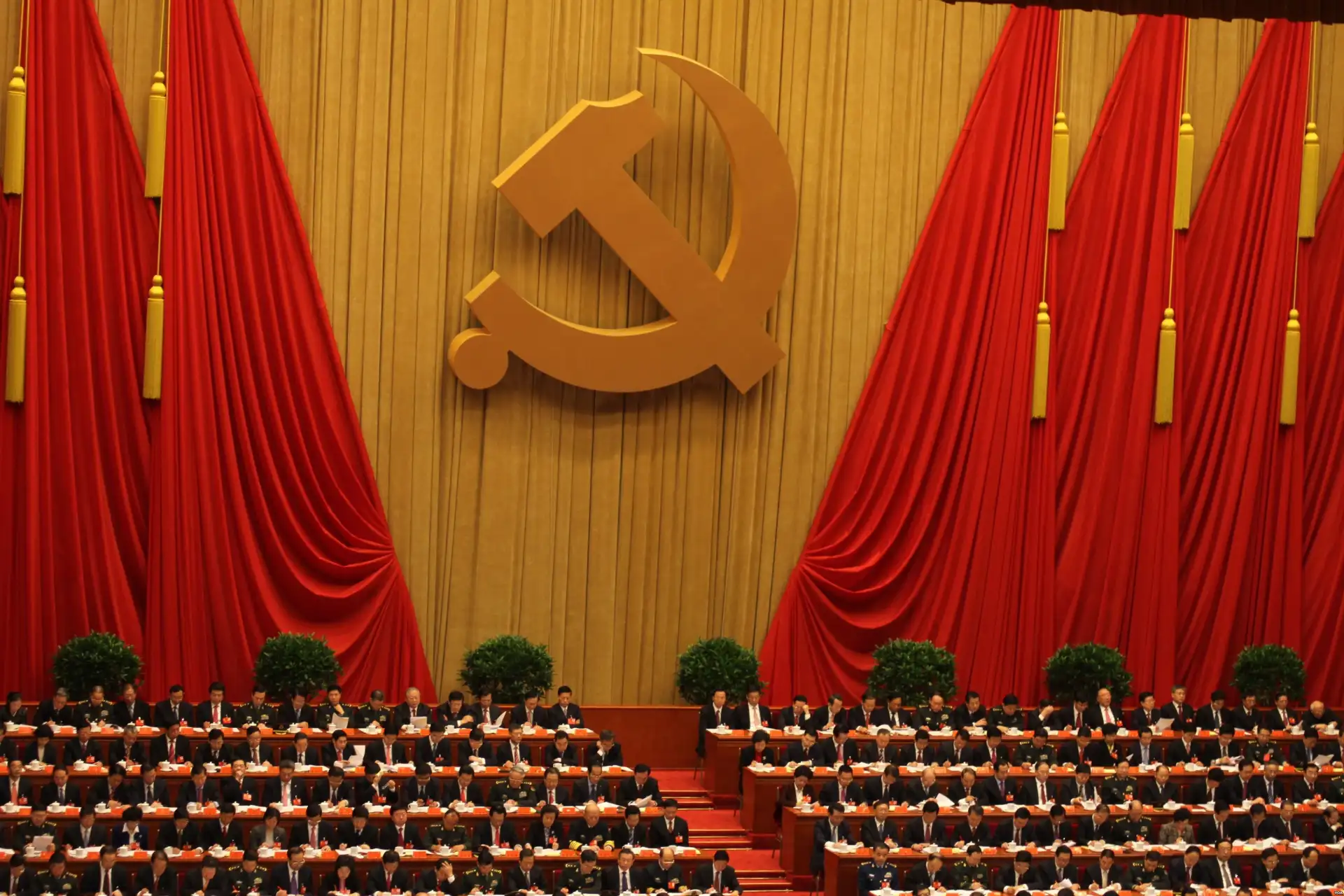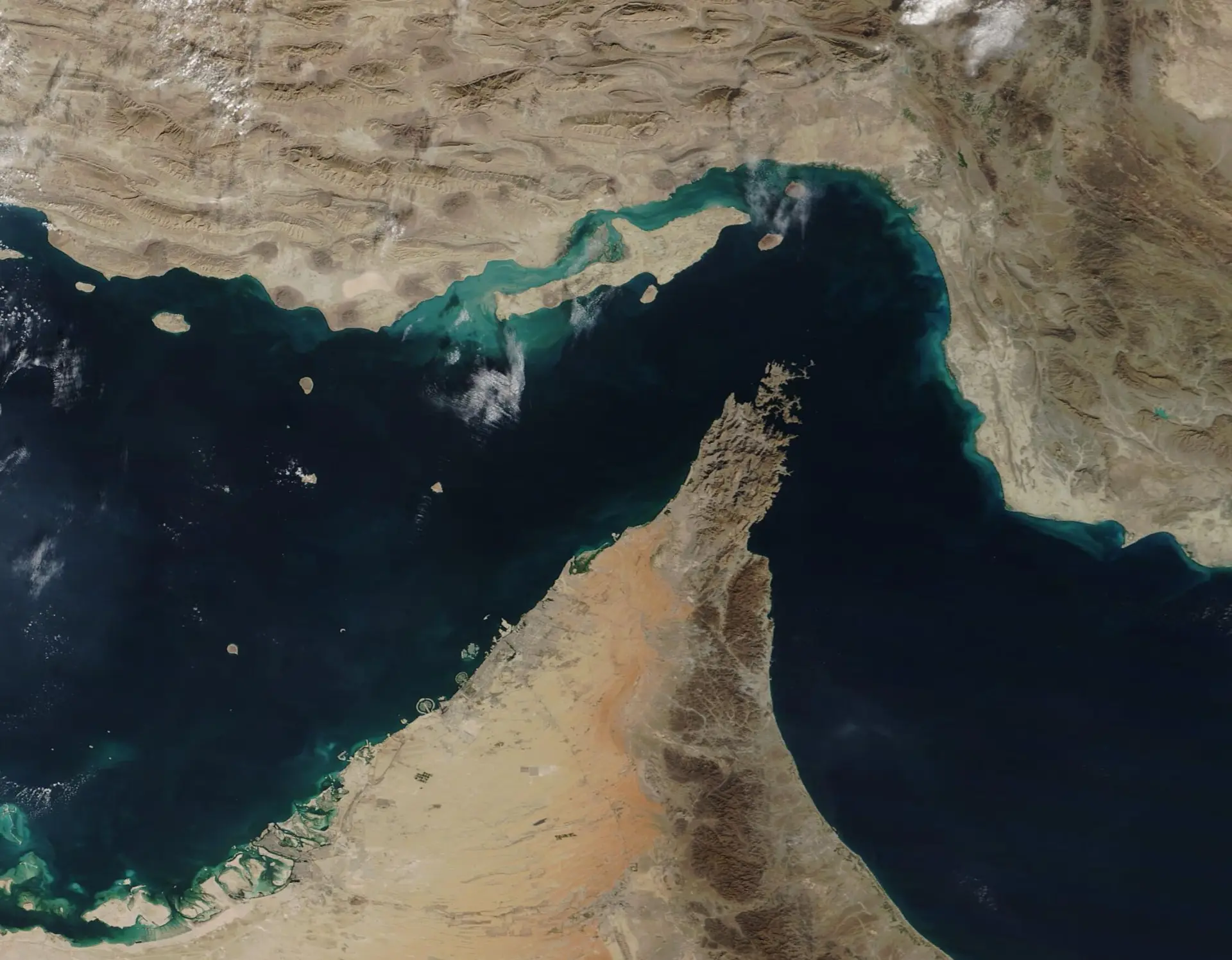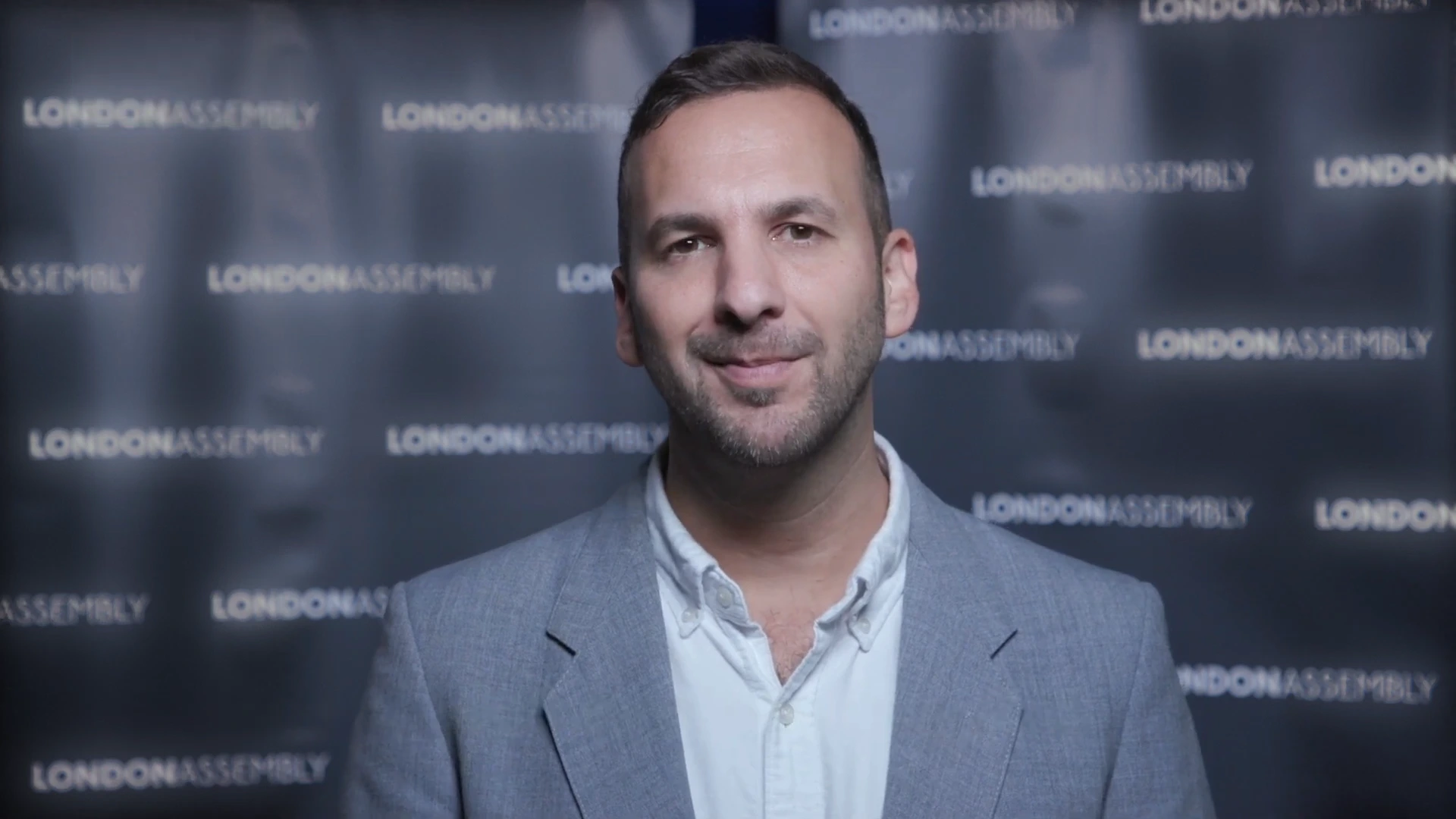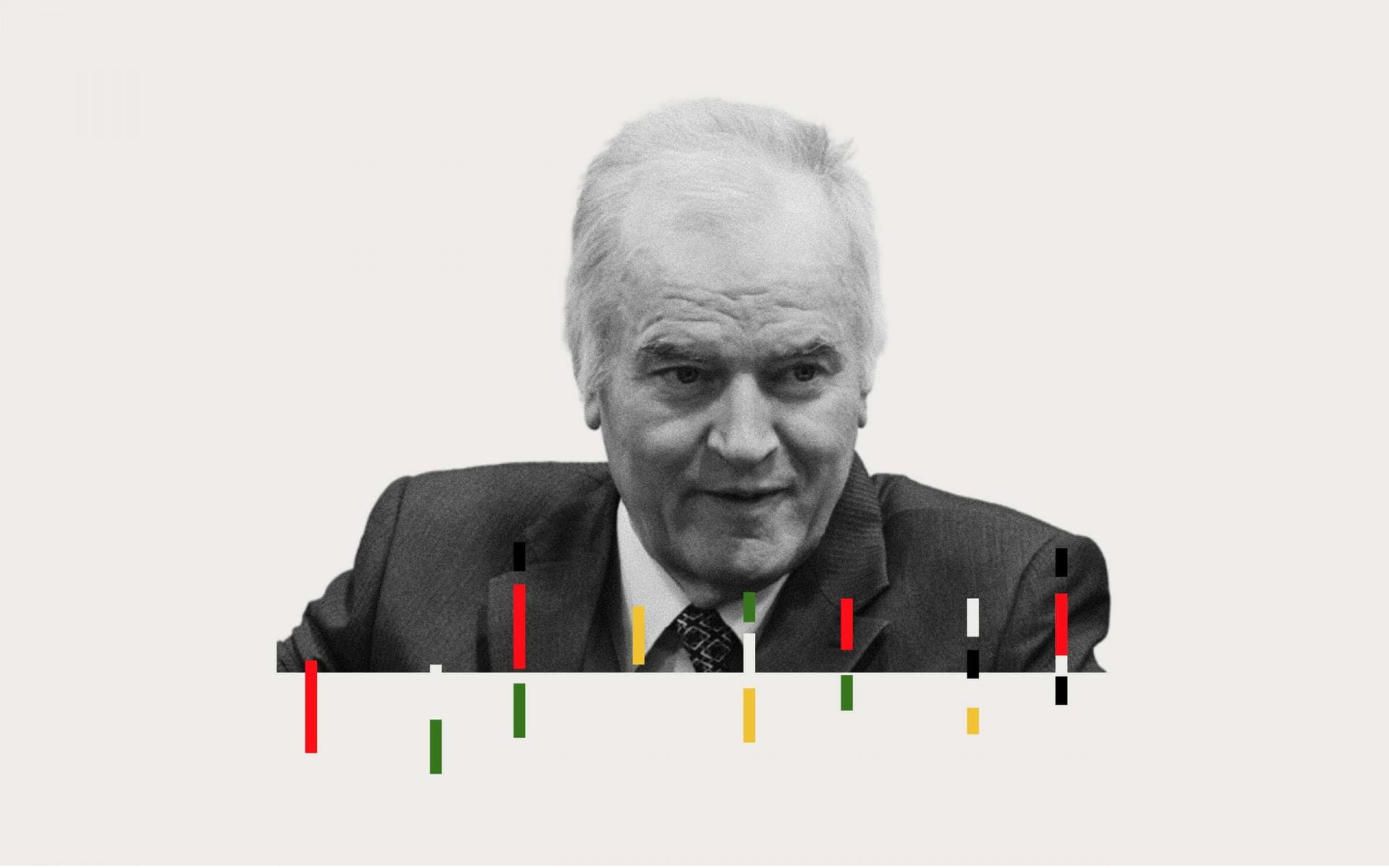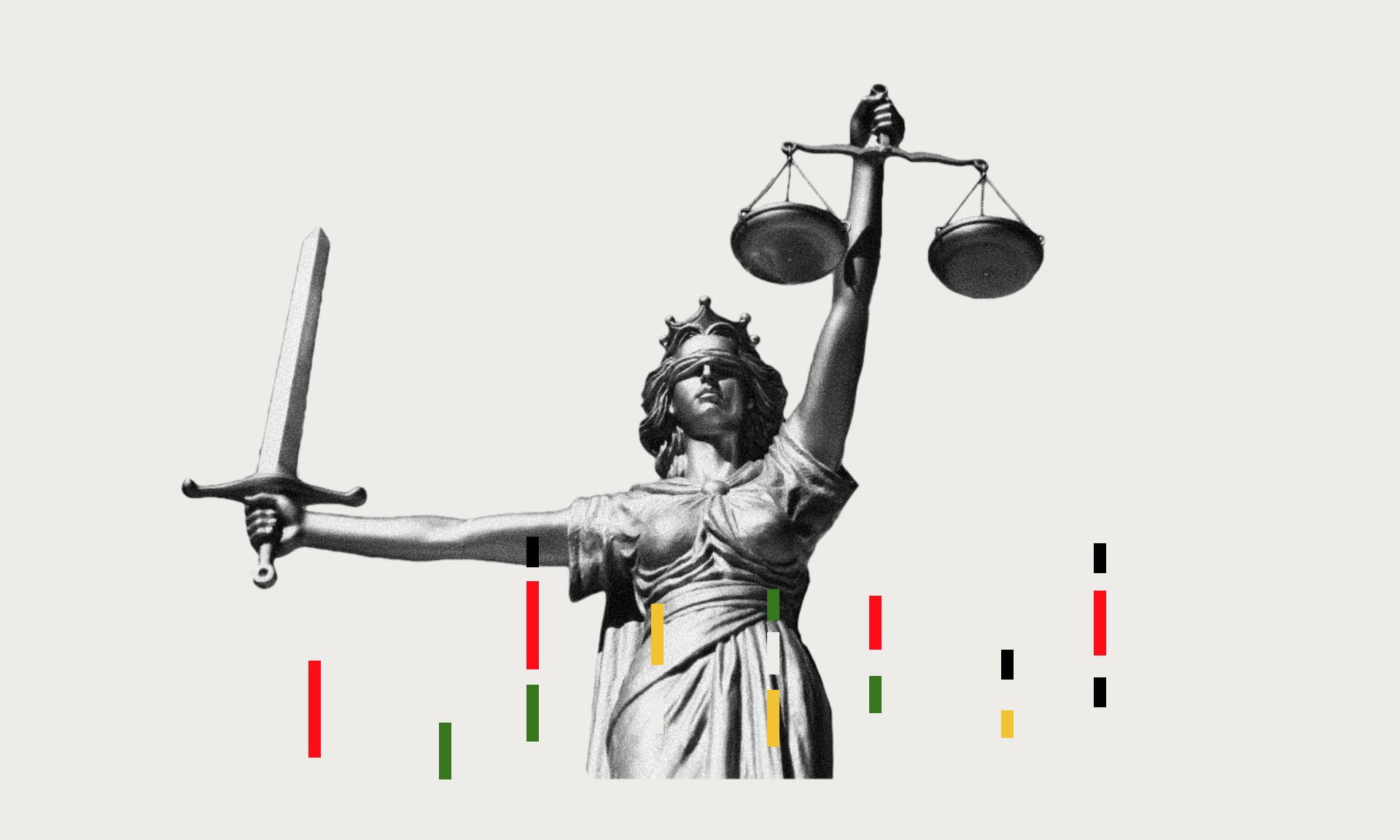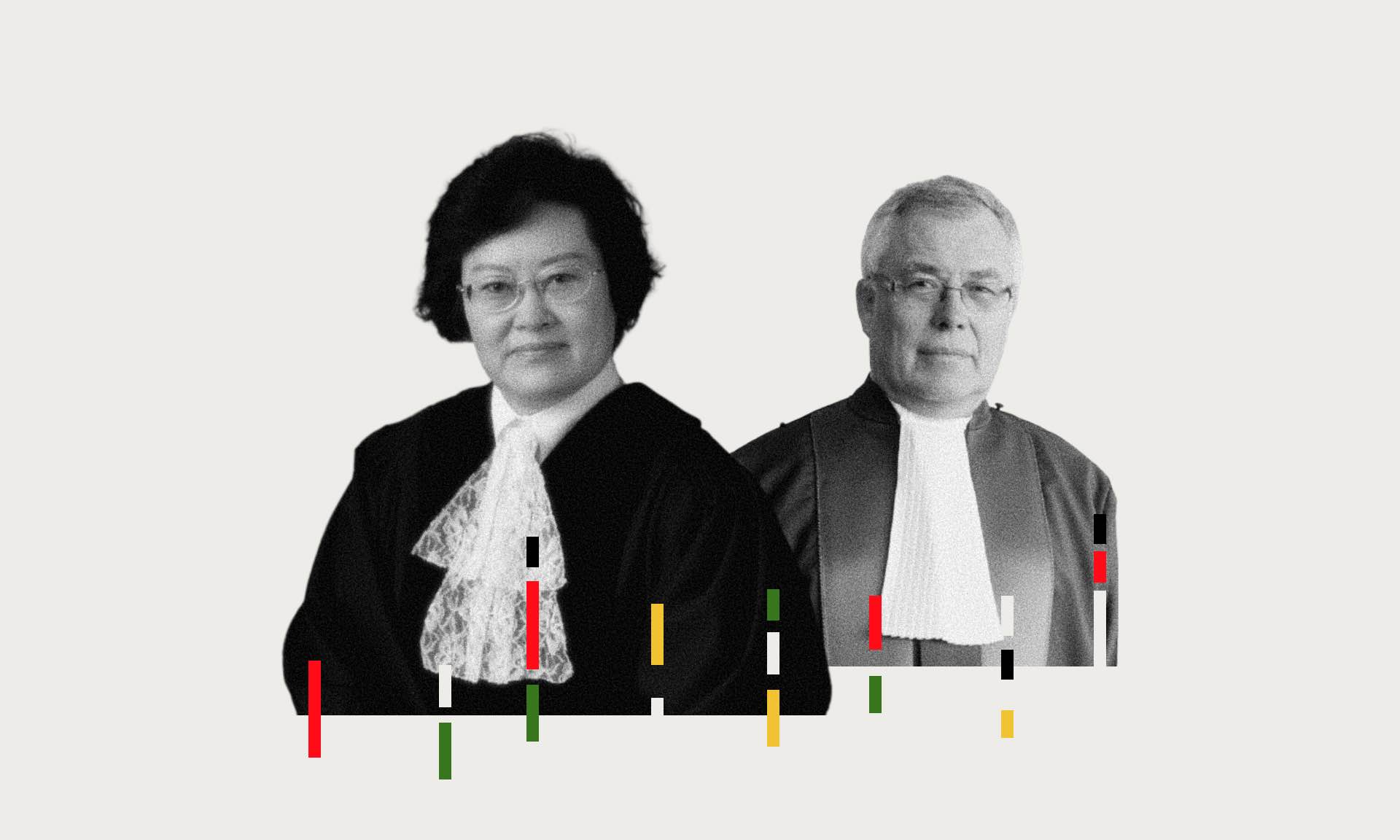Cherry picking justice: 9 rings of moral tunnel vision
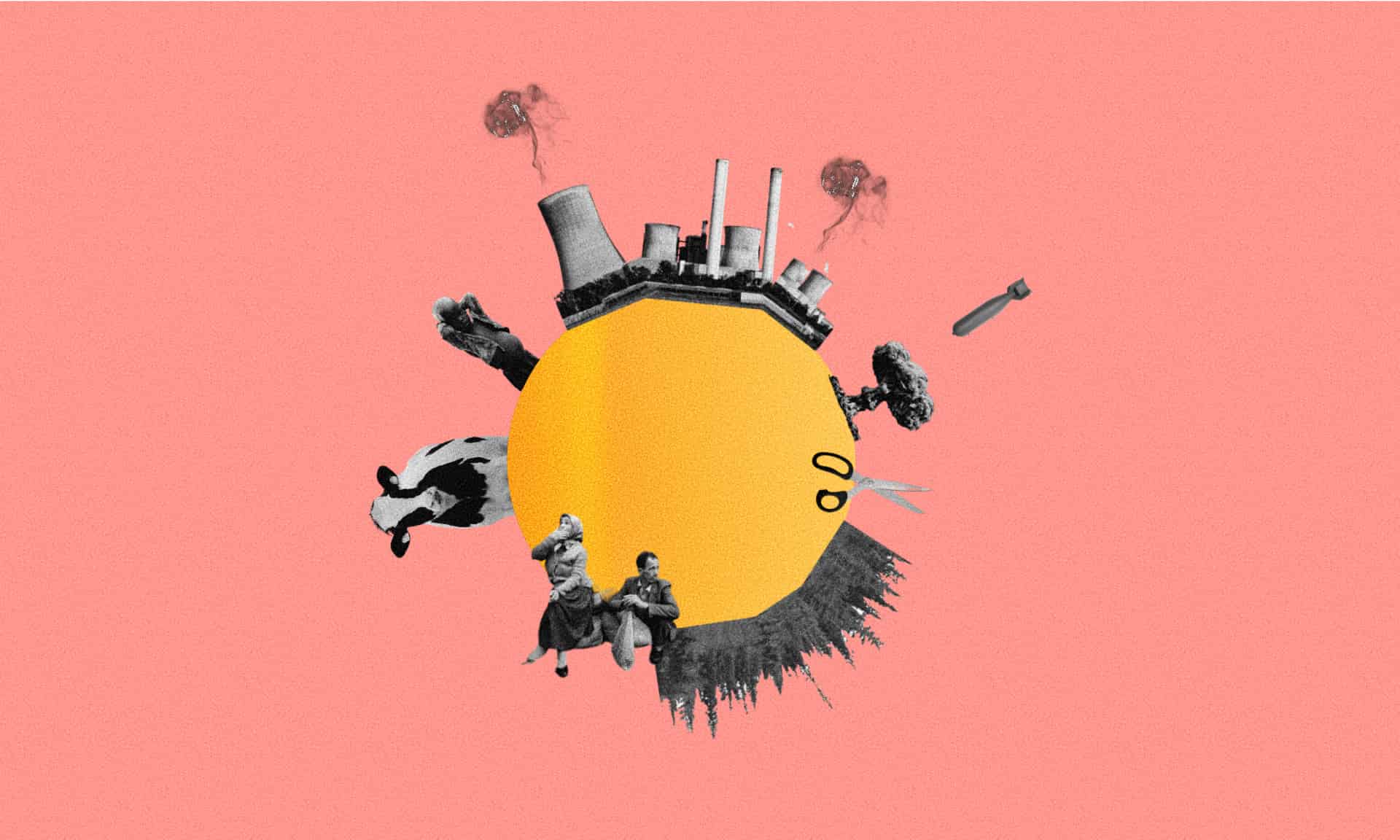
Deluded people generally believe that they would have been on the right side of history, without ever really questioning whether they are on the right side of what is making history. Sure, now, most people are convinced that they would have been against slavery, child labour, the burning of heretics and cannibalism… but given their same mindset, would they have been?
All those practices were legal or socially acceptable; and sadly, for most of us, that social acceptability is what defines our morals. Only activists, innovators, rebels and the like push those boundaries, often at a crushing personal cost, until one fine day, after they may have been dead, buried and forgotten for many years, the lazy majority mindlessly enjoys and takes for granted those hard-won rights. The problem is not only the perpetrators of injustice. As Einstein rightly pointed out:
“The world is a dangerous place, not because of those who do evil, but because of those who look on and do nothing.”
This insipid majority looks, but does not see, blinkered by an innate desire to reap without sowing, and safe in the knowledge that as long as one does not make eye contact with injustice, it should leave one well alone. However, there is only so much injustice nature can endure and the chickens always come home to roost in the end. Extreme weather, pandemics, international terrorism and mass extinctions are starting to hit home. Perhaps we do not live in a bubble after all and we are ignoring the bigger picture at our own risk.
So, what serious issues relating to justice may we be oblivious to? Here are just nine possibilities:
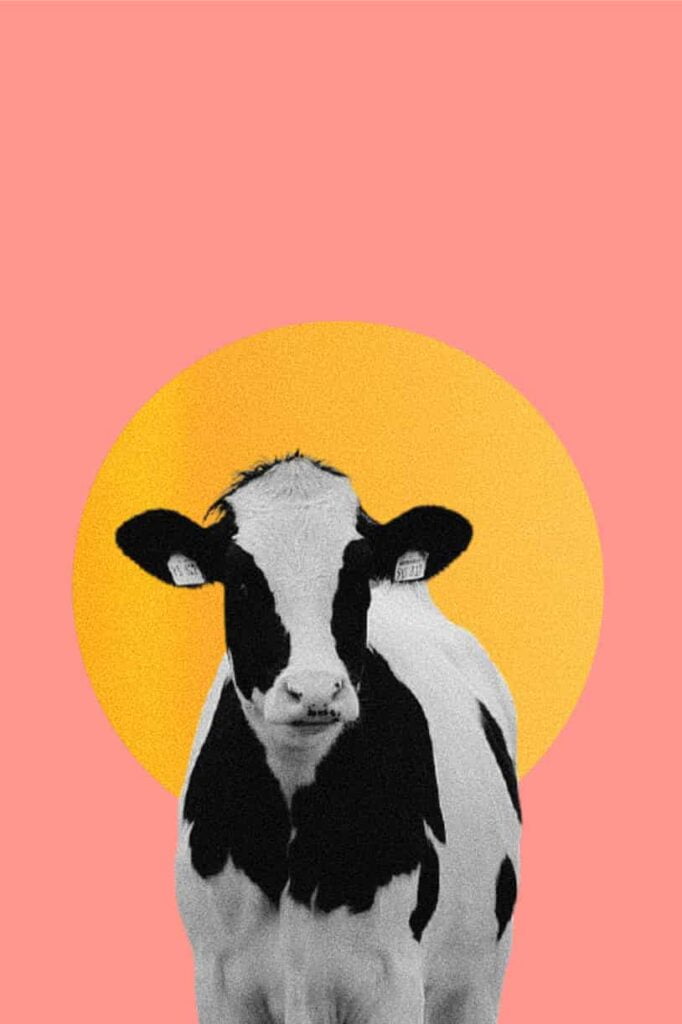
One: Animal Cruelty
We all love cats and dogs and are outraged when we hear of instances of abuse. In some countries people actually eat them! What savages could do that?
Well, these same pet-lovers are quite happy to pay for the torture and abuse of other equally loving and intelligent animals. Many hate vegans for trying to point out their hypocrisy. Ignorance is bliss, so please keep your opinions to yourself. Sure. The problem is they are not opinions. If we had to kill humans at the rate we kill farmed animals, the human race would be wiped out in just over two weeks. But death is just the end of a process filled with horrific abuse.
A couple of days ago I read a piece in The Independent about a 27-year-old man who claimed he was put off meat after he noticed a pig nipple on a slice of bacon in his McDonald’s roll. McDonald’s said it was “confident” that it was not a nipple, but the poor chap is now considering going vegan. What the hell? What did the man think he was eating if not bits of a slaughtered pig? And yet, that is how most people operate. They draw a magic line between the “product” and the process that they are paying for so that it could be delivered to them.

Two: Freedom of Movement
People are generally comfortable with the laws of their land regarding freedom of movement and if they are not, it is because they want their national borders to be even tighter. However, life is not a game of musical chairs. We should all have the right to move around and access whatever opportunities are available. True, some regulation is needed since we have allowed the inequality around the world to get so out of hand that a free for all would lead to mass migrations that would overwhelm better-off nations. Nevertheless, this is not an excuse to doom people to a life without a chair. Inequalities need to be addressed so that freedom of movement can take place in a scenario where there are enough chairs for everyone and no necessity to rush to the few good places.
Moreover, countries should not have the right to stop ordinary citizens from travelling to visit relatives and family members; and yet this happens regularly in so-called developed countries. People in visa offices may abide by well-defined draconian regulations, or they may have enough flexibility to allow them to play God, either way, innocent people are made to suffer. The fact is that the situation will only get worse unless people are prepared to start acknowledging the issue and begin doing something about it.
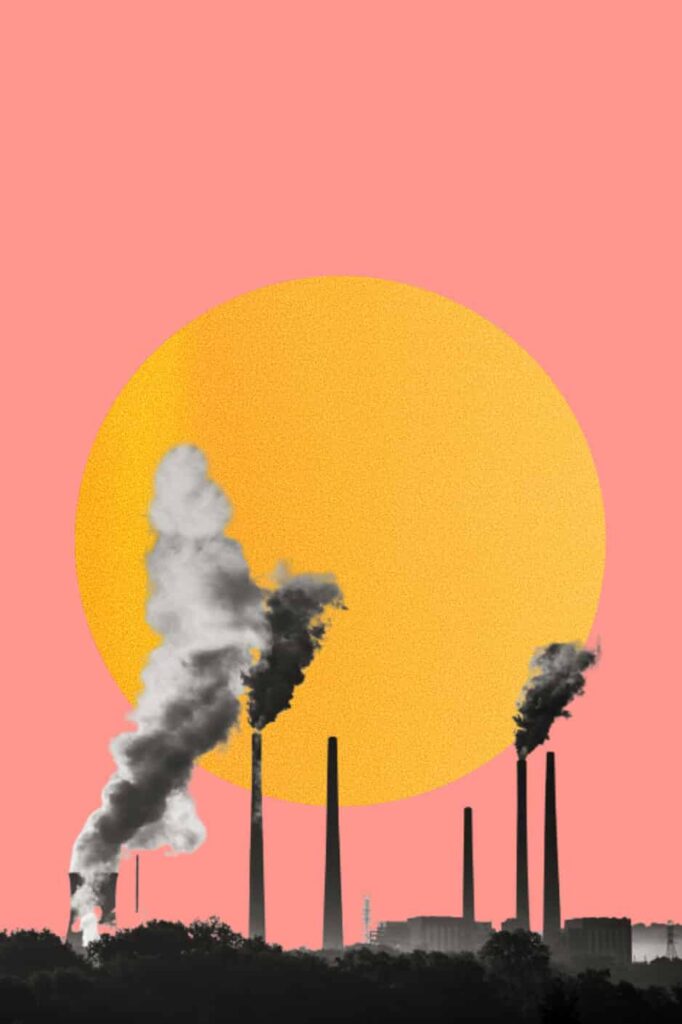
Three: Exploitation and Pollution of Nature
The main problem with capitalism is the word itself: it overreaches and leaves everyone, other than seasoned scholars, assuming it is what they imagine it to be. I may envision healthy bartering, consensual exchange and creative investments. Hence, anti-capitalists may appear to me as leftist fanatics whose bitterness is motivated by their own failures.
Someone else may see the mindless plundering of natural resources, the exploitation of defenceless peoples and the obscene accumulation of wealth to the detriment of the starving millions. To these, the capitalist represents all that is wrong with this world. So let us leave semantics aside and focus on the actual issues.
On the one hand, the earth is dying. It is now official: humanity is on code red and the doomsday clock is ticking, just one and a half minutes or so away from midnight. Are we bothered, or are we happy to carry on with our lives as though it were not our problem?
On the other hand, countless people are dying too, more and more of them every year through pandemics, pollution, hunger and climate related disasters. Most of these tragedies are man-made. Again: do we care? Do we bother to research the causes and solutions, while trying to do everything in our power to stem the tide? When history is written, if there will be anybody left to write it, will we be part of the problem, or part of the solution? Or will we be the dull backdrop that idly stands by as it all happens? It is happening now, so this is not a hypothetical question.
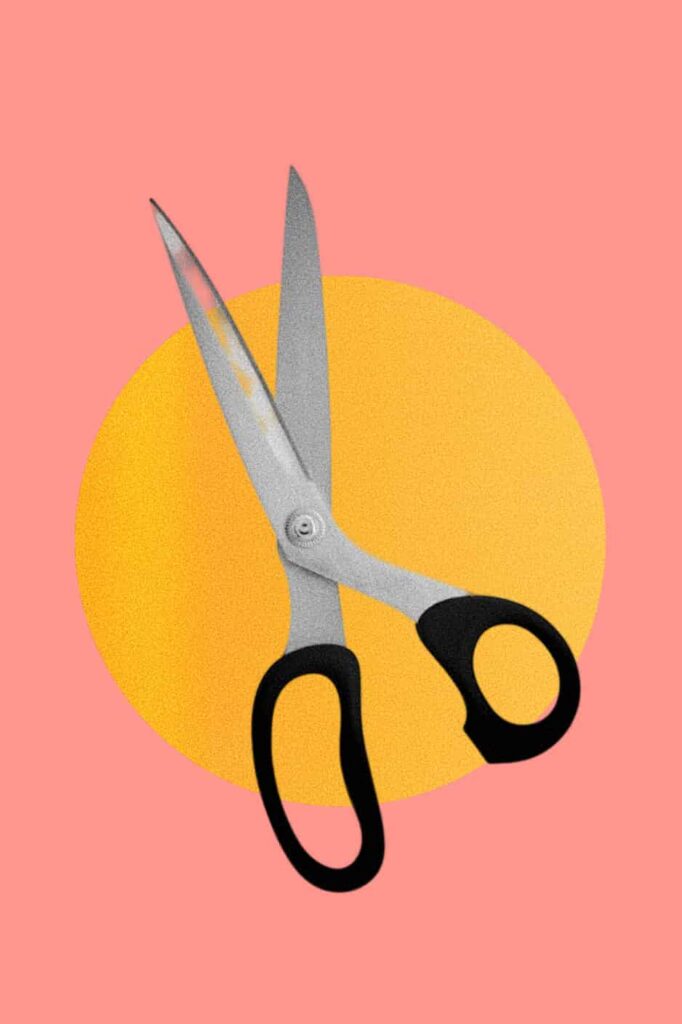
Four: Genital mutilation
The vast majority of people would agree that female genital mutilation is abhorrent, and yet when it comes to mutilating a boy’s penis without his consent, the silence is deafening.
Except for extreme situations, no one has the right to mutilate another’s body without their consent. I have written about the adverse effects of this injustice in a recent article, so I will not dwell on it here.
Circumcision is a big business, so just ask yourself whether you have been taken in by the propaganda that makes slicing off a boy’s foreskin seem normal.
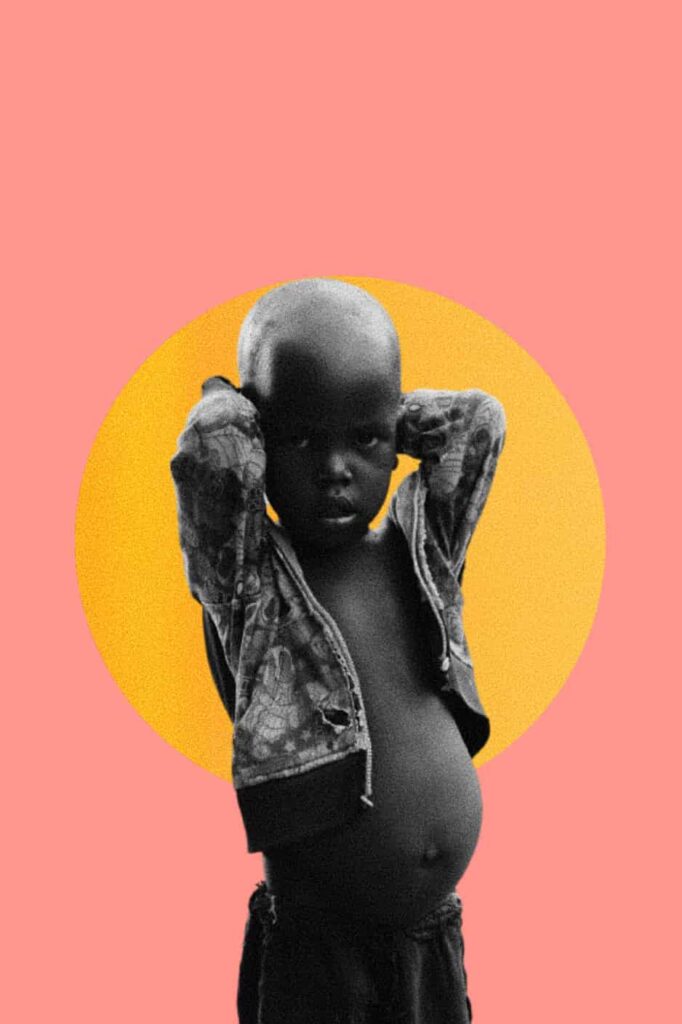
Five: Poverty
Poverty is not inevitable. It is a political choice and it is we who vote for the politicians that make those choices. The meat and dairy industries alone, for instance, are not only responsible for much of the pollution in the world, but also for an excessive use of resources that could otherwise resolve the problem of world hunger.
A few billionaires could do it too, but governments are happy to let them wallow in their billions and play their space games, rather than instituting policies that would ensure a better distribution of wealth.
Poverty is not only about hunger. It is about all sorts of hardships that can make life miserable or literally unbearable. We can still have our little luxuries, without these having to be at the detriment of another’s well being. This may mean a slight change in lifestyle, but it would certainly be worth it in order to build a fairer and more sustainable world. This seems obvious, and yet just look at the mighty US where half the population would vote for a party that considers free healthcare socialist nonsense. Ironically it is not only the people who need not worry about hospital bills who vote that way. Many are actually victims of such policies, which highlights the point of this article, namely that many of us are deluded. To a certain extent, we all are, but those who invest in introspection and research are clearly less so.
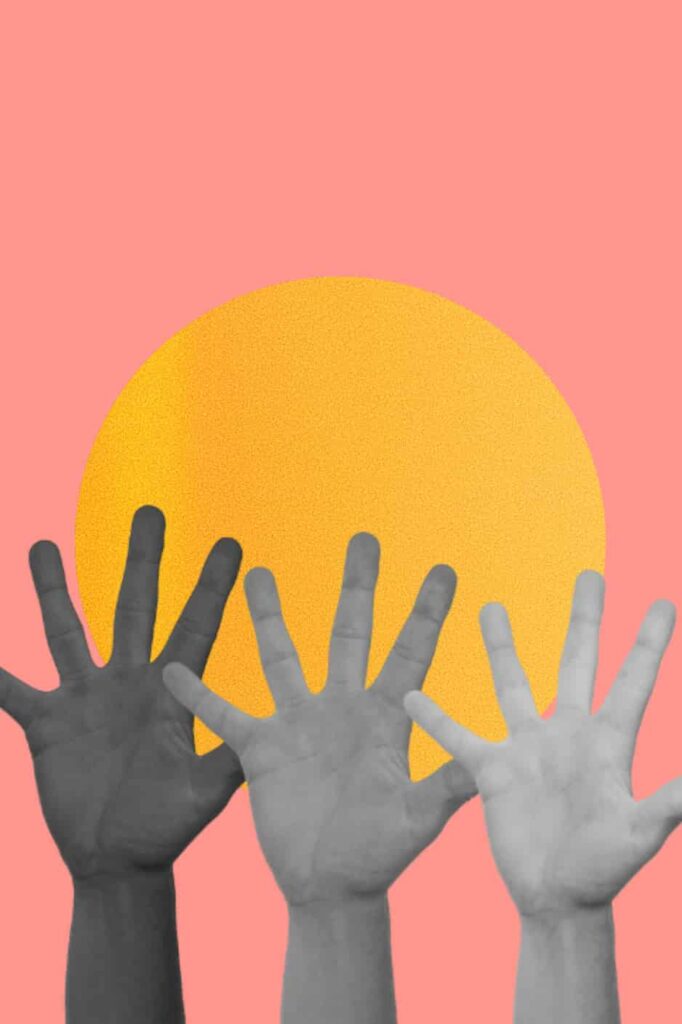
Six: Discrimination
Oh, how we love to discriminate! Race, colour, sexual orientation, religion, political affiliation, a different football team, even: that is all it takes to fill us with hatred or indifference. Often, we either justify our prejudice or delude ourselves that it is not there.
Religion is the perfect apologist, but culture is as insidious. We are all set in our moulds as jelly is, but many of us never leave the mould at all and therefore cannot even wobble towards a basic level of flexibility. Some like to think that they are created in the image of God, but it is they, rather, who are creating gods in their image; perhaps a God who is wrathful, vindictive and partisan.
Of course, some cultures may be more annoying than others and we may regard adherents to certain political parties as fools or worse. That is fair enough, especially when these sorts of people promote bigotry, undermine civil liberties and threaten our personal rights. The problem is when we tar everybody with the same brush or fail to question our own points of view.
Being deluded is no less toxic. Indignation at Black Lives Matter because all lives matter, for instance, betrays an insensitivity towards the serious issues that lead to such movements. This dismissiveness highlights a bias towards the privilege of a white majority that needs not concern itself with issues of justice and fairness.
Sadly, the media is very guilty of enforcing bias of all kinds. A little white girl may disappear in Europe and years later the media is still raking up the story, while hundreds can die daily of preventable causes as their stories remain under-reported or completely untold. As long as we consider a western life more worthy of compassion than one that is born in a poor or war-torn country, we will never understand the true nature of our conditioning.
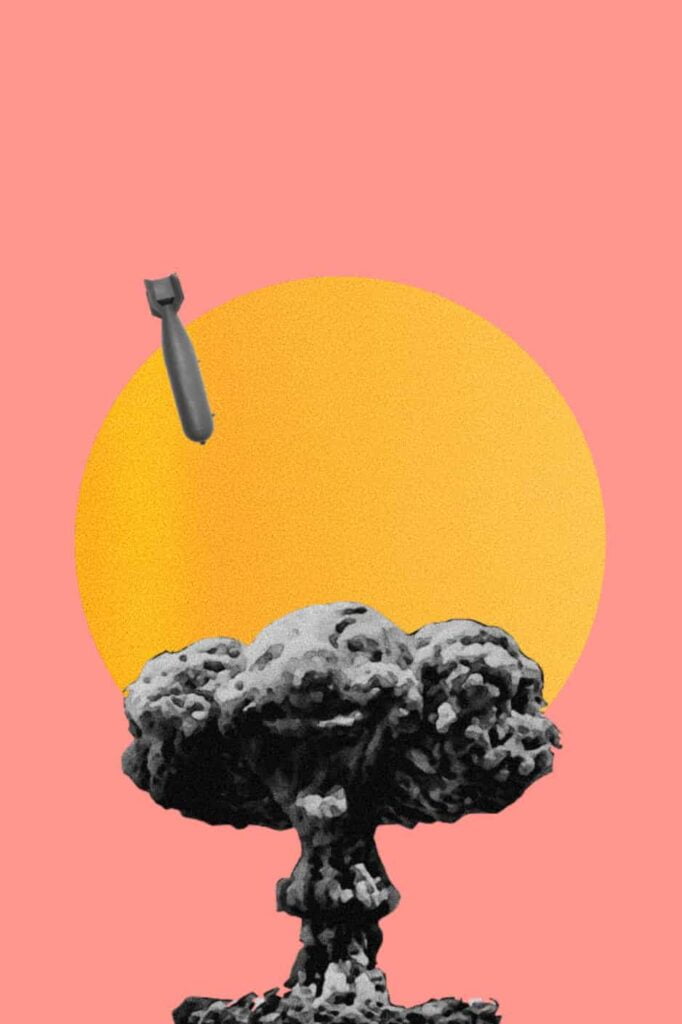
Seven: The Arms Industry
There are quite a few similarities between the arms trade and the illegal drug trade. Both are responsible for the deaths of millions of people and both manage to get into the hands of ruthless operators. Of course, the arms industry often does so well within a legal framework, so that supplying weapons to Saudi Arabia, Syria or Myanmar can proceed brazenly and openly, despite the innocent victims that these totalitarian and ruthless regimes will carry on slaughtering.
Then, there is the illegal arms trade; the type that supplies the likes of the Taliban with its arsenals. Missiles, landmines and tanks, however, are not created in secret attics. These productions and transactions take place with the connivance of many “democratic” governments; our governments perhaps. This dissemination of death and destruction will not stop unless we hold our governments and the United Nations to account. Do we even consider the immorality of these industries? Or do we gladly push them to the invisible margins of our convenient blinkers?
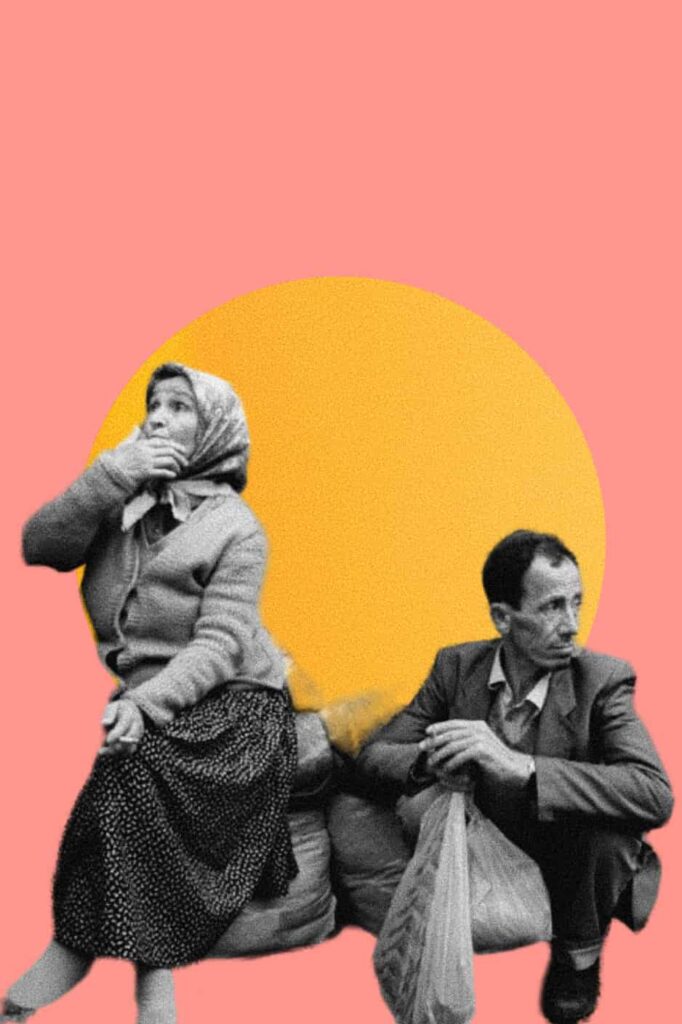
Eight: Statelessness
There are over four million stateless people in the world and the number is growing. These people were not born on the moon or in Mars. They are humans who were born on earth. True, this is pretty obvious, but equally obvious is the fact that as such they cannot be denied citizenship. And yet, they are! Where is the United Nations’ outrage or remedial actions in this regard? In the past, at least, thanks to Norwegian polymath and explorer Fridtjof Nansen, stateless people were issued passports under the aegis of the League of Nations from 1922 to 1938. Now, instead, such people are left to the mercy of nationalist regimes who prefer to leave them languish in a Limbo that precludes them from one of the most basic human rights on which many others depend: that of being a citizen.
We should not walk on by, like Dante through Hell, since by allowing humans to be treated as non-entities we are dehumanising humanity as a whole. Our outrage needs to be heard.
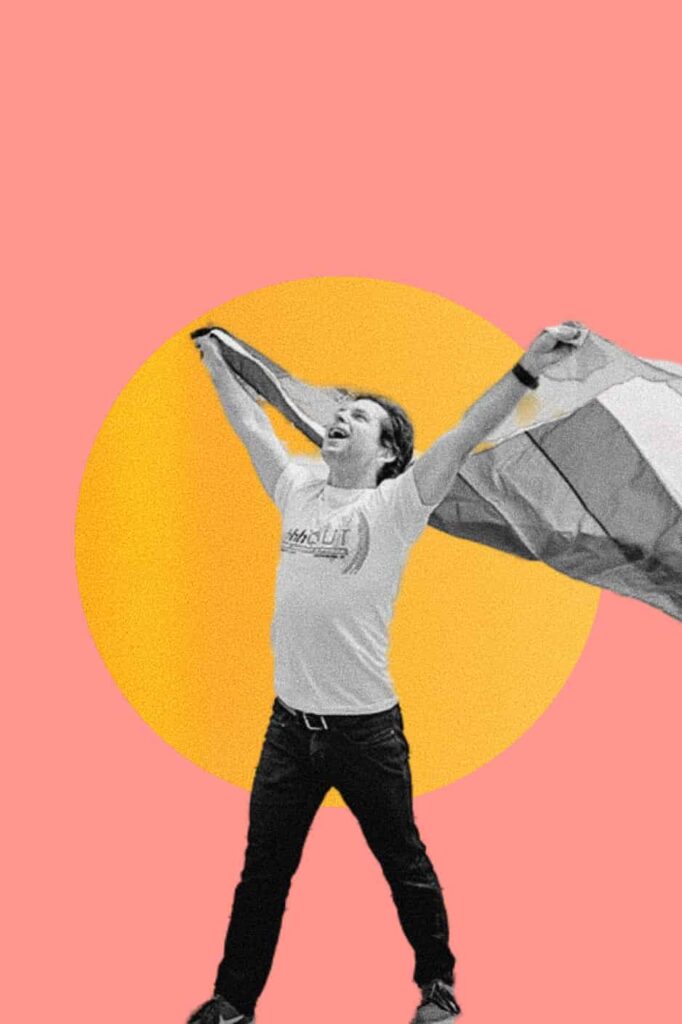
Nine: LGBT+ rights
As an integral part of the productive cycle, sex has been ritualised from the most primitive stages of evolution. Nevertheless, as humans evolve, they are no longer bound by these instincts for procreation. Indeed, nor are many other animals. There is a lot more to life than survival of the species, since without value, the species would be propagating for quantitative reasons alone rather than qualitative ones. We are more than just mechanisms for procreation. We have value and that value is linked to our personal identity which includes our loves and aspirations. Sadly, lingering rituals have been codified in religions and customs to such an extent that they have failed to keep pace with development; or ever appreciated and respected the wide range of manifestations of gender and identity.
If traditional roles work for you, all well and good, but judging and condemning others whose sense of identity is different to what you would expect it to be is wrong and none of your business. Our sense of identity is intimately ours and it is sacred. We have been conditioned to believe that we have the right to judge others in this respect: we don’t. If your mind can only cope with square and round holes, that is your problem. Individuals come in all shapes, and as long as they are not trampling on your rights, they can choose any holes they like, or none at all. If this disturbs us, then the problem lies with us and we should be questioning ourselves, not others.
Support us in this campaign: Countries who criminalise homosexuality must not be allowed a seat on the UNHRC
Help us push for a fairer world
UN-aligned members have already taken a stance by supporting an organisation that aims to break some of these barriers and shed light of issues that are holding the world back, but we could do a lot more with more active involvement from our members. If you would like to help us promote justice, please contact us so that we can discuss ways of maximising your input.


